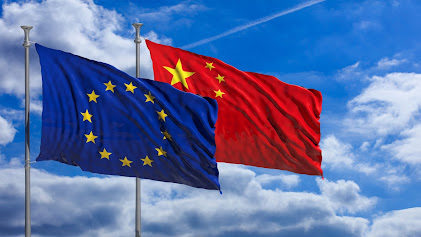Reverse Mentorship
Mentorship in new forms: What if you had a mentor to keep you connected to current digital trends?
Satya Nadella, the CEO of Microsoft, embraces what is known as reverse mentorship. He does this by working closely with more junior employees. He has recognized the need to understand the perspectives and expectations of the younger generation, particularly in the tech industry. Through reverse mentorship, he has gained insights into emerging trends, diversity and inclusion issues, and the evolving needs of Microsoft's customers.
Reverse mentorship is a concept where a younger or less experienced individual takes on the role of a mentor to guide and provide insights to a more senior or experienced individual. Unlike traditional mentorship, where the more experienced person imparts knowledge and guidance to the less experienced person, reverse mentorship reverses this dynamic.
In reverse mentorship, the younger or less experienced person typically possesses expertise in areas such as technology, social media, or emerging trends that may be unfamiliar to the senior individual. The goal is to bridge the generational or knowledge gap and enable the senior person to stay updated and relevant in a rapidly changing world.
Reverse mentorship can be beneficial for both parties involved. The senior person gains valuable insights into new technologies, trends, and perspectives, while the younger person gains access to the wisdom and experience of the senior person. It promotes a culture of continuous learning, collaboration, and mutual growth within an organization.
Reverse mentorship has become particularly relevant in the digital age, where technology evolves rapidly and younger generations often have a natural affinity for it. It can be implemented in various settings, including workplaces, educational institutions, and even personal relationships, to foster knowledge exchange and mutual development.
Audrey Tang, Taiwans Digital Minister, talks about reverse mentorship here in a fascinating interview discussing a digital democracy. More on digital democracy soon.
Due to their upbringing alongside AI technology, Gen Z possesses a distinct advantage in AI skills. One particularly valuable skill set they possess is prompt engineering, which older generations may find challenging to develop for contemporary roles. As a result, Gen Z will likely occupy positions that are currently unimaginable, leveraging their AI proficiency to pioneer novel roles and industries. The possibilities for the roles they will hold are vast and unpredictable, as they harness AI to shape the future of various domains.
What if you were coached by a junior team member to help you develop and sharpen your skills in the time of AI? What if you could be briefed weekly on current technology trends relevant to your work? What if you mentored someone more senior to you in your current work?



Comments
Post a Comment